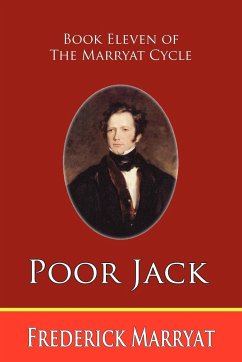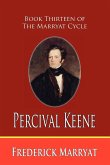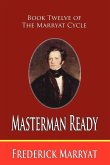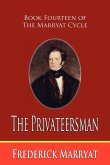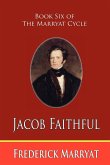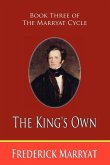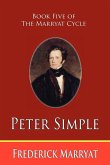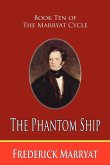From the Father of Modern Nautical Fiction Poor Jack takes us back to the Thames River. But, in addition to being another terrific portrait of life on that bustling waterway, it introduces us to the Greenwich Hospital, the famous hospital for injured seamen. Thomas Saunders is the son of a sailor who lost his leg at the Battle of the Nile. As a result of his father's handicap, he grew up struggling to survive as a mudlark-a ragged urchin who would scavenge the mud flats along the Thames river at low tide, looking for anything of value that could be re-sold. It was one of the worst jobs a person could have, with excrement and waste, along with the odd corpse or two, as daily companions. Despite this beginning, Saunders has a vision of somehow, someday, going from rags to riches by becoming a Thames river pilot. The story contains Marryat's characteristically brilliant descriptions of early 19th century life, especially the domestic life of the average seaman. At the same time, he doesn't forget to treat us to a variety of fascinating seafaring anecdotes. Of special note, in Chapter 17 we find the earliest known set of complete lyrics to the classic sea chanty, Spanish Ladies.
